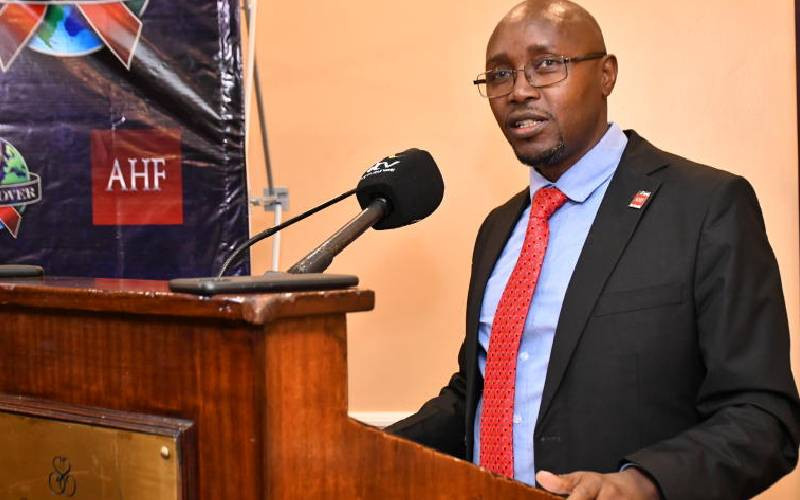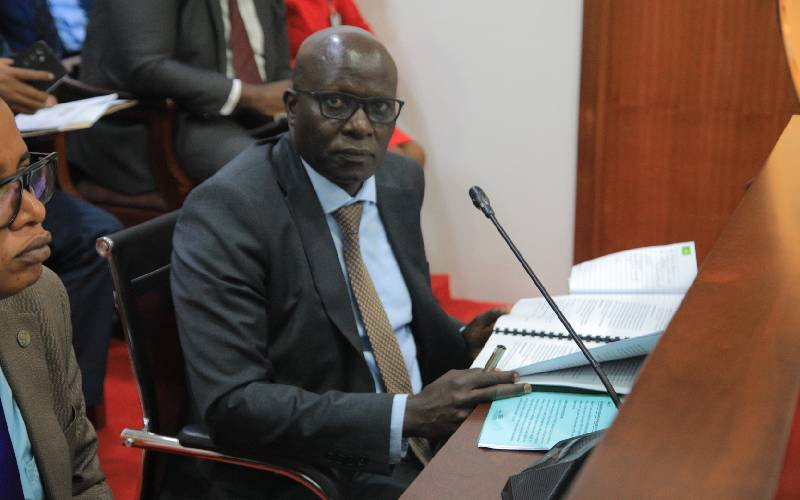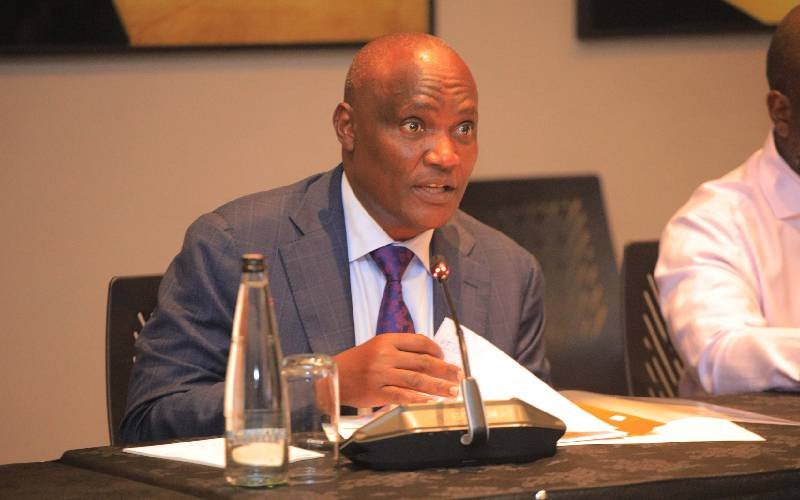×
The Standard e-Paper
Kenya’s Boldest Voice

Country Director of Aids HealthCare Foundation Dr Samuel Kinyanjui said irrational attitudes and perpetuating negative judgements against people with or at risk of HIV discourage them from testing, accessing health care, and adhering to treatment. [File, Standard]
Stigma and sexual violence are among the major issues that continue to hamper the fight against HIV.







